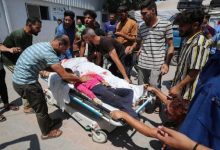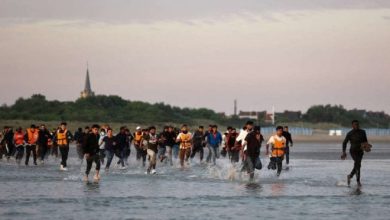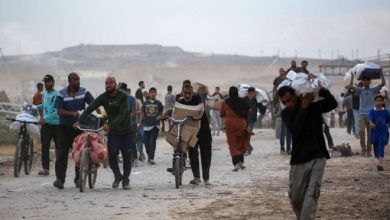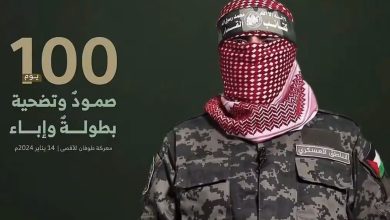Uncovering Truths: Moroccan Allegations of Israeli Weaponry in Western Sahara
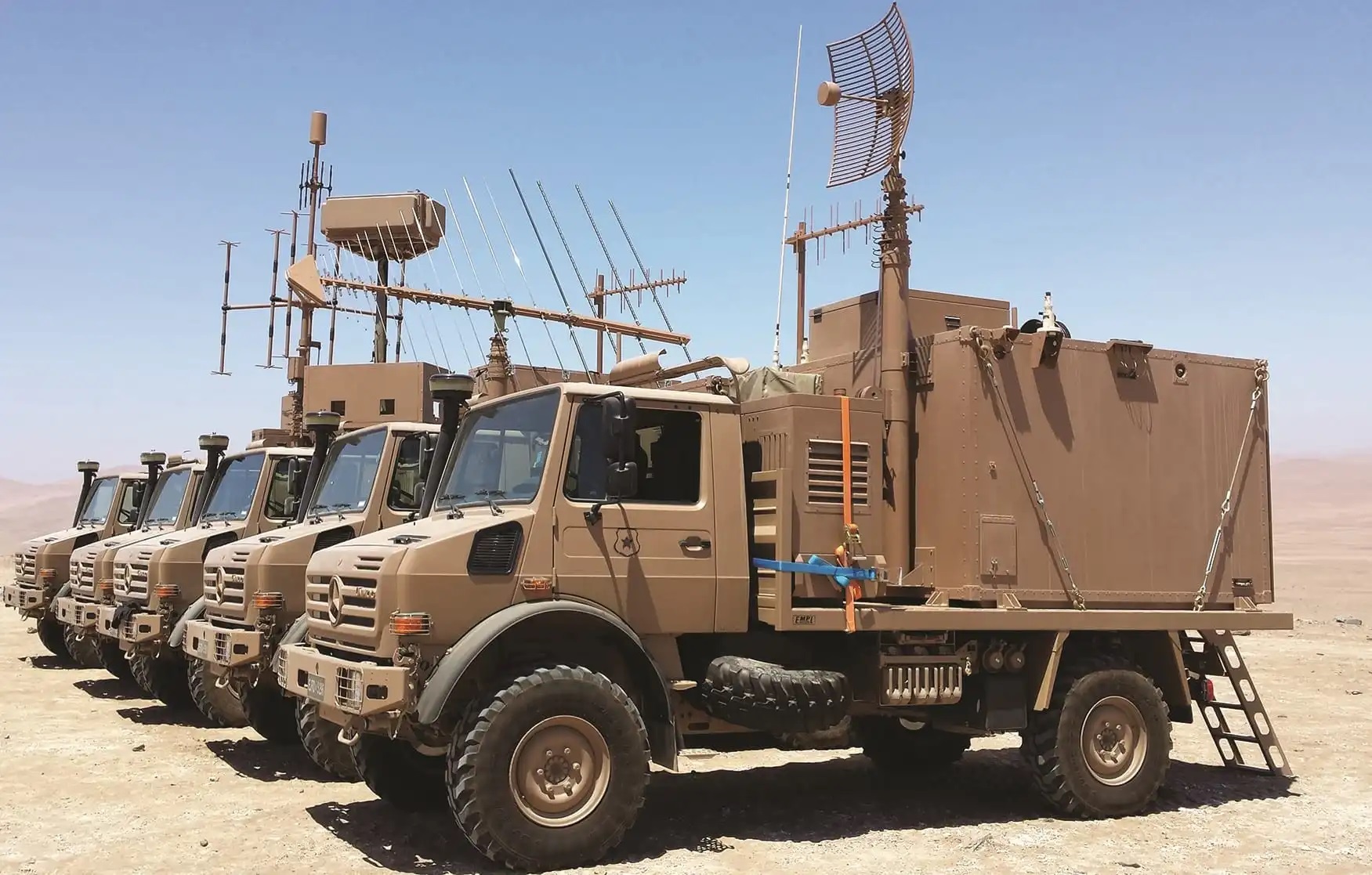
Watan-The French newspaper “Le Monde” published an investigation revealing that Morocco has killed dozens of civilians, including children, in Western Sahara using Israeli weapons.
Morocco controls 80% of the disputed Western Sahara region and proposes a plan for self-governance under its sovereignty. Meanwhile, the Sahrawi independence movement affiliated with the Polisario Front, supported by Algeria, calls for a referendum for self-determination as recommended by the United Nations. The United Nations considers Western Sahara a “non-self-governing territory.”
The United States recognized Moroccan sovereignty over the region in 2020 in exchange for Rabat normalizing relations with Israel. Israel also recognized Moroccan sovereignty over Western Sahara last year.
Moroccan Military Operation
In 2020, Rabat launched a military operation against the region to curb what it called “dangerous provocations by the Polisario Front.” For nearly four years, Sahrawis have regularly reported clashes, often claiming human losses on the Moroccan side, but Moroccan authorities have never confirmed this.
Incidents are regularly reported by Sahrawis, who claim their lands are “seized” and their properties set on fire.
Use of Israeli Weapons
According to the newspaper, Morocco used Israeli-made drones from the military base at Smara Airport, a city of over 66,000 inhabitants under Moroccan control. The drones include strategic reconnaissance aircraft like the Hermes 900 and tactical drones like the Hermes 450 capable of carrying air-to-ground missiles. These models were developed by the Israeli company Elbit Systems.
In July, “Intercept” published similar information through Federico Borsari, a researcher specializing in unmanned technologies at the European Policy Analysis Center. According to Borsari, Morocco owned 150 drones for vertical takeoff and landing, including models produced by the Israeli company BlueBird Aero Systems and three Heron TP drones, along with Harop munitions produced by Israel Aerospace Industries. In addition, four Hermes 900 drones from Elbit Systems were in Morocco’s possession.
Morocco also has Turkish Bayraktar TB2 drones and Chinese Wing Loong drones, both used for combat purposes. In 2020, the Moroccan Air Force announced it would acquire MQ-9B SeaGuardian drones from the United States.
Suffocation of Polisario-Controlled Areas
“Le Monde” stated that the suffocation experienced in areas controlled by the Polisario Front by these lethal drones has led to the evacuation of nomads who lived there. The drones target humans and animals, and since 2021, 86 civilians, including two children, have been killed, while 170 others have been injured.
Israeli Drone Factories
Since the normalization of relations between Israel and Morocco in 2020, the two sides have entered into cooperation agreements, especially in defense. Israeli Defense Minister Benny Gantz received a warm welcome in Rabat in November 2021 to sign an “unprecedented” security cooperation agreement – the first of its kind with an Arab state, according to the Israeli side – aimed at facilitating Morocco’s acquisition of powerful Israeli military industry technologies.
Under this memorandum of understanding, the defense ministries and armed forces of both countries can communicate more easily and exchange information, a type of communication that was previously only possible through their respective intelligence agencies.
In 2023, Shay Cohen, head of the Israeli liaison office in Rabat, announced the opening of two drone factories in Morocco by Elbit Systems. The Israeli diplomat noted that one of the industrial sites should be located in Casablanca, without providing further details.
Increasing Ethnic Cleansing
Abdelsalam Omar Lahsen, president of the Association of Sahrawi Prisoners and Missing Persons’ Families, told the French newspaper that a policy of ethnic cleansing is gradually taking root. He estimated that nearly 30,000 people have been forcibly displaced in the past three years due to Moroccan repression.

